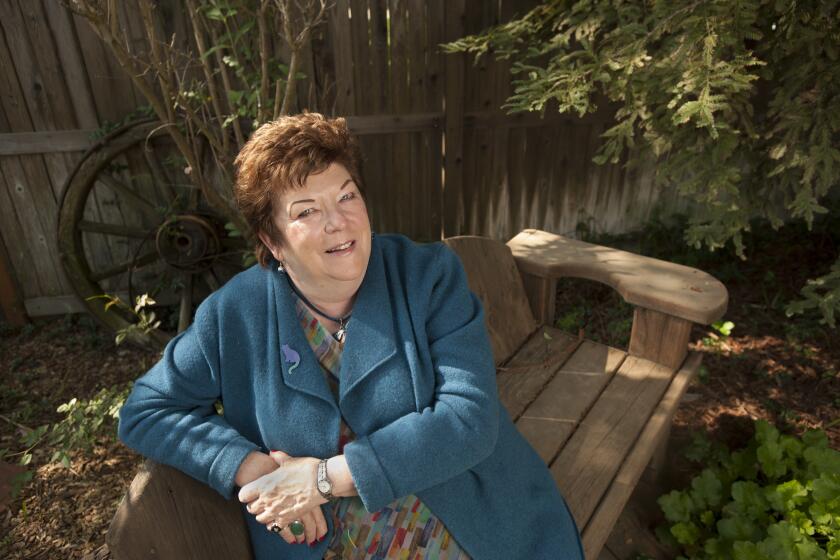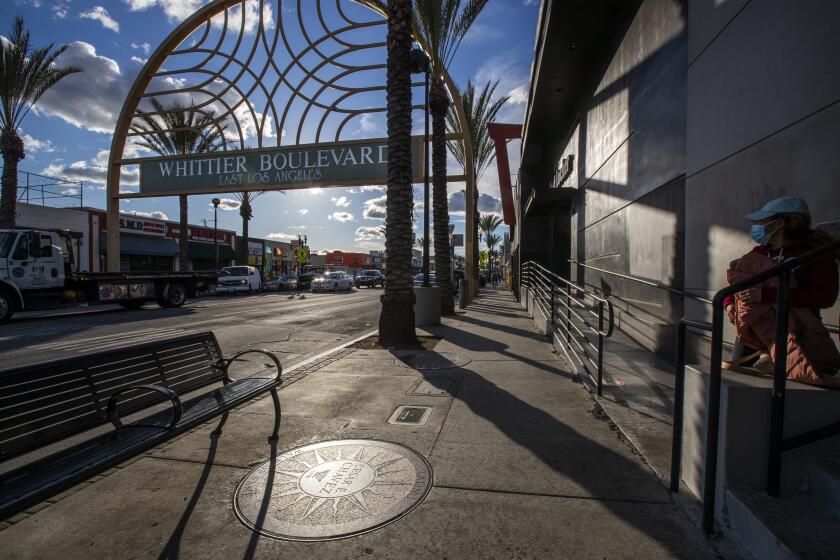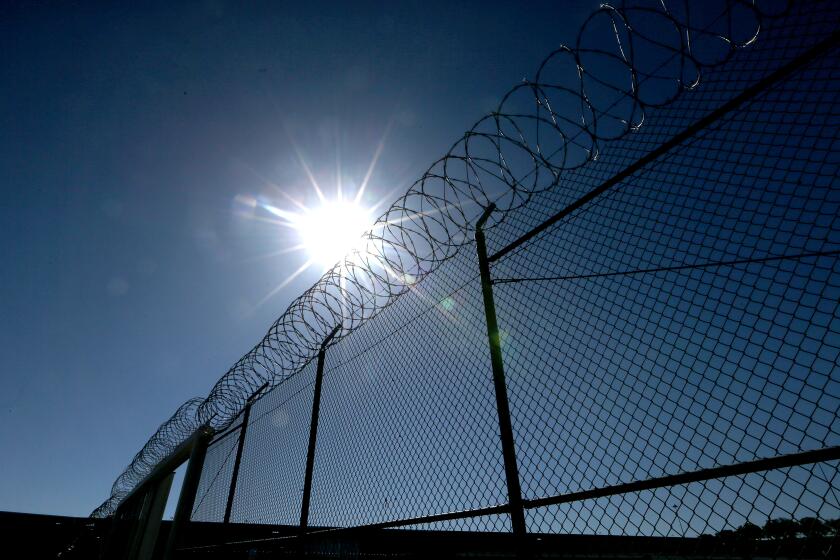The Games People Play With Justice : Sacramento Impasse Beggars Courts and Other Vital Services
The Legislature and the governor have been locked in battle over a projected budget shortfall and proposed tax increases. One of the items over which they have been fighting is state funding of the California trial courts. California’s counties, courts and, ultimately, citizens will be the losers if the politicians in Sacramento cannot settle their differences.
Because the counties have always run the courts, they were counting on the Legislature and the governor to approve state funding to help the counties maintain important court-related services. The proposed trial-court funding program, totaling $350 million, would have allowed the counties to spend the money that they had previously allocated to the courts on such vital services as health care, law enforcement and fire protection, child-protective services and road maintenance and construction. And the citizens, of course, had counted on the money to improve, or at least maintain, the quality of life in their communities and to secure their right of access to civil justice.
With the current impasse between the governor and the Legislature, none of these goals will be met. It is interesting, therefore, that Gov. George Deukmejian reported, on signing the $43.9-million state budget, that “our fiscal health is good.” One might reasonably ask whose health he had in mind. It certainly cannot have been that of the residents of Los Angeles County. And the predicament here is duplicated in the state’s other counties.
Los Angeles County Chief Administrative Officer Richard Dixon has predicted that, in the absence of state trial-court funding, county budget reductions are “going to affect every one of our services.” Assemblywoman Maxine Waters (D-Los Angeles) has predicted, more graphically, that “people are going to die” because of cuts in vital county services. These prognostications are more than rhetoric or hyperbole, since loss of life will surely result if counties are forced to cut funding for such things as emergency rooms, trauma centers, and police and fire protection.
While the real culprits in Sacramento continue their games, it is the state courts that will take the heat if trial-court funding is not restored. Some will say that the budget adopted by Los Angeles County continues to fund courts and justice-system programs at a level commensurate with last year while other services like emergency medical and mental-health care have been drastically cut. They will argue that court services should come behind life-and-death services.
The reality, however, is that the courts are desperately in need of additional judges and funds to reduce the long delays in bringing cases to trial. Before the state Trial Court Funding Act was passed in 1985, the courts were a political hot potato tossed between the county Board of Supervisors and the Legislature. The California Judicial Council would tell the county how many additional judges the county needed to process cases expeditiously. The county board would then decide how many judges it would agree to fund, and would communicate its decision to the Legislature. Finally, the Legislature would enact laws creating a number of judicial positions to be funded by the county.
At each step of the process some judges were lost. The county inevitably agreed to fund fewer judicial positions than the California Judicial Council said were needed. The Legislature invariably authorized fewer judges than the county said it would finance. And everyone who passed on the matter wanted to make the creation of any new judicial positions contingent on the enactment of some kind of reform--court reform, tort reform or insurance reform, to name a few.
The net effect has been that the courts have been put into the position of having to process steadily increasing numbers of cases with no increase in resources. They have fallen further and further behind as a result. Currently, the average civil case in Los Angeles County takes 4.8 years to get to trial. Many cases do not get tried before the statutory five-year dismissal date. The Judicial Council has said that 84 new Superior Court judges are needed in Los Angeles just to keep up with the current pace--which is abysmal.
When the state Trial Court Funding Act was passed, the Los Angeles County Bar Assn. saw a glimmer of hope that basic funding for the courts would increase, even if through an equally political process. That was in 1985. In reality the governor and the Legislature could not even agree on legislation to implement the program until 1987. And that legislation has now fallen prey to new political games.
In recent weeks the Legislature eliminated trial-court funding from the budget that it passed in retaliation for the governor’s refusal to proceed with a revenue-collection plan that some characterized as a tax increase. The Legislature’s cut deprives the governor of a number of judicial appointments that he would like to make. In response, the governor in effect restored a portion of the money vetoed but blue-penciled an equivalent amount that had been budgeted for state health and welfare programs.
It is games like these that led the Los Angeles County Bar Assn. last year to file a lawsuit against the leaders of the Legislature, the Board of Supervisors and the governor. The lawsuit seeks to compel the funding of a sufficient number of judges to allow the residents in this county meaningful access to the courts. That lawsuit is still pending. We hope, however, that at least the interim relief provided by state trial-court funding will not have to await a resolution of the litigation.
When the Legislature reconvenes in August, we urge it to view its duty clearly and meet its obligation to the counties, courts and citizens by restoring trial-court funding to the budget. The Sacramento games are a fact of life. But a truce on this issue is imperative if any form of good government in this state is going to survive.
More to Read
Get the L.A. Times Politics newsletter
Deeply reported insights into legislation, politics and policy from Sacramento, Washington and beyond. In your inbox three times per week.
You may occasionally receive promotional content from the Los Angeles Times.






